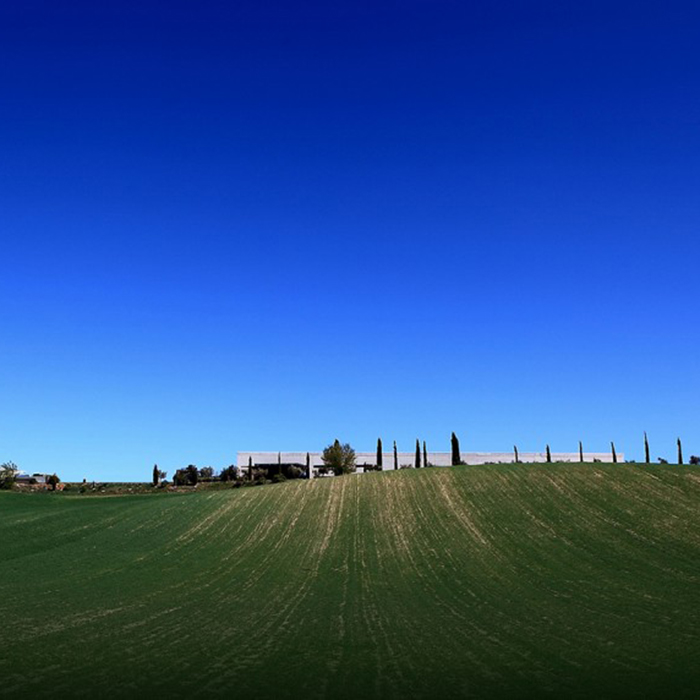A bit of all white
Author: Berry Bros. & Rudd

Didier Belondrade came across the Verdejo grape in 1992, and saw the incredible potential for a crisp young wine that would be able to mature in bottle. He also appreciated there was an opportunity to do a more serious style – not just a refreshing wine for tapas but one which can be enjoyed with a full meal, and drink up to six years after the vintage.
Our philosophy is we work 100 percent with our own vineyards. Everything we do is ecologically orientated, even though we don’t want to sell our wine as “eco wine” as such – the process is a means rather than an end. We intervene with the wine as little as possible. We do not use yeast, instead we wait until the fermentation begins spontaneously; in this way the terroir is able to express itself and write a little of the history that has taken place that year.
The goal was to create an estate winery, but at the beginning the vines weren’t aged enough to produce grapes that could ferment in barrel. Now we’re at that stage where everything is from our own vineyards. This allows us to do all our treatments exactly as we want to, and to have low yields that permit us enough structure to cope with barrel fermentation – an important tool that leads to a wine with the structure and capacity to age in bottle.
Rueda has a very continental climate. We’re at 750 metres above sea-level, which makes for very hot days in the summer, but also cold nights that ensure we can preserve acidity and display that freshness that’s needed for white wines. When Didier saw all these things, he decided to take a different approach that’s more in the vinification style of Burgundy, and Belondrade y Lurton became the first wine in Rueda to be made using barrel fermentation. Marqués de Riscal was the first to adopt ageing in barrel, but we were the pioneers of fermenting in barrel – not to give the touches of oak, rather to provide the wine with the capacity to age in bottle.
Ours is not a commonplace winery in Rueda. The average kilos that the Denominación de Origen permits is 10,000 kilograms per hectare, but we achieve around 5,500 kilograms per hectare. Everything is harvested by hand with sorting tables, and we vinify each plot separately because we have 19 different sites, each with its own unique soil type. We try to let each one express its personality – and then we assemble those lots to create a final wine that has a little of the characteristics of each site. It’s more than chemistry, it’s art.
Explore our spotlight on Spain further on bbr.com.


